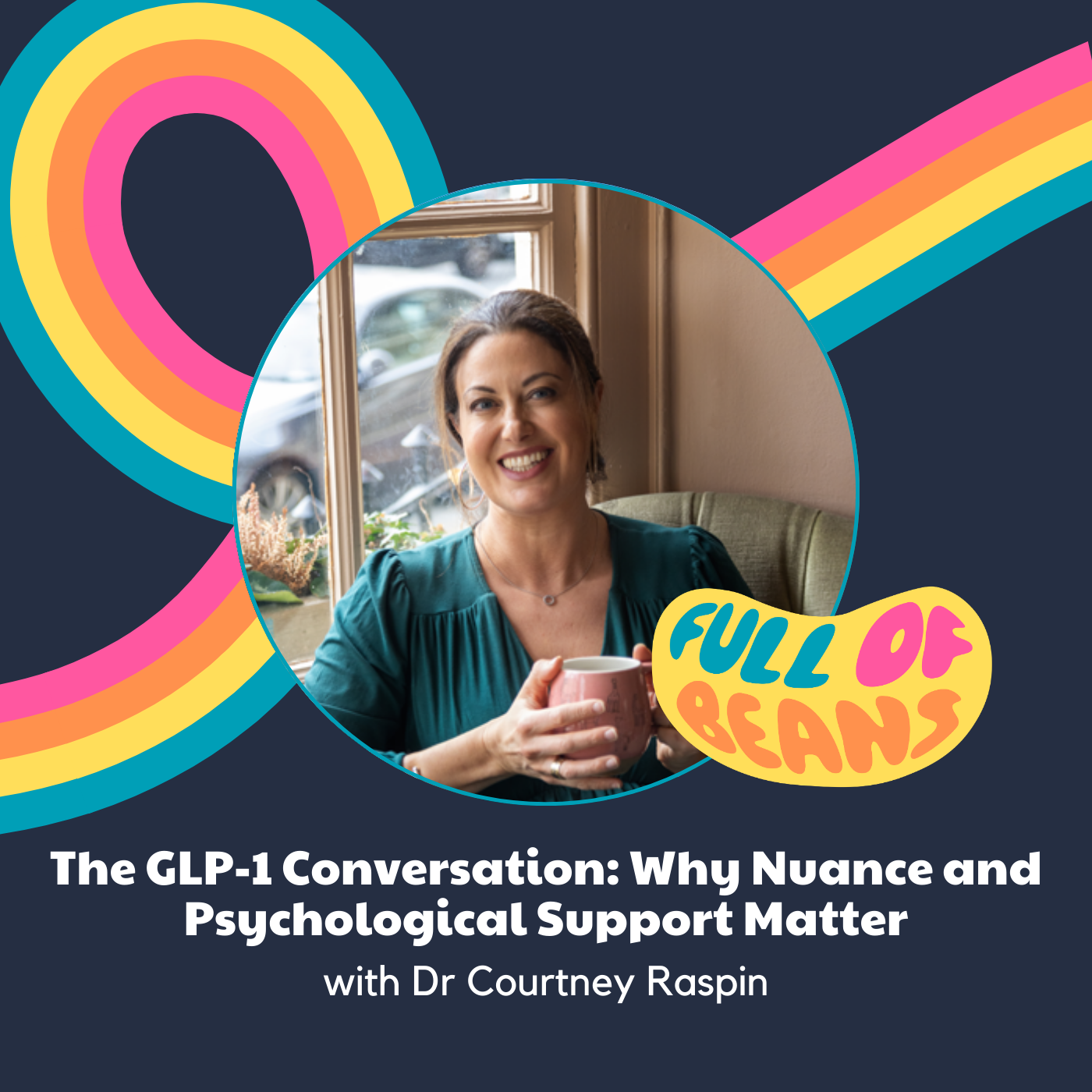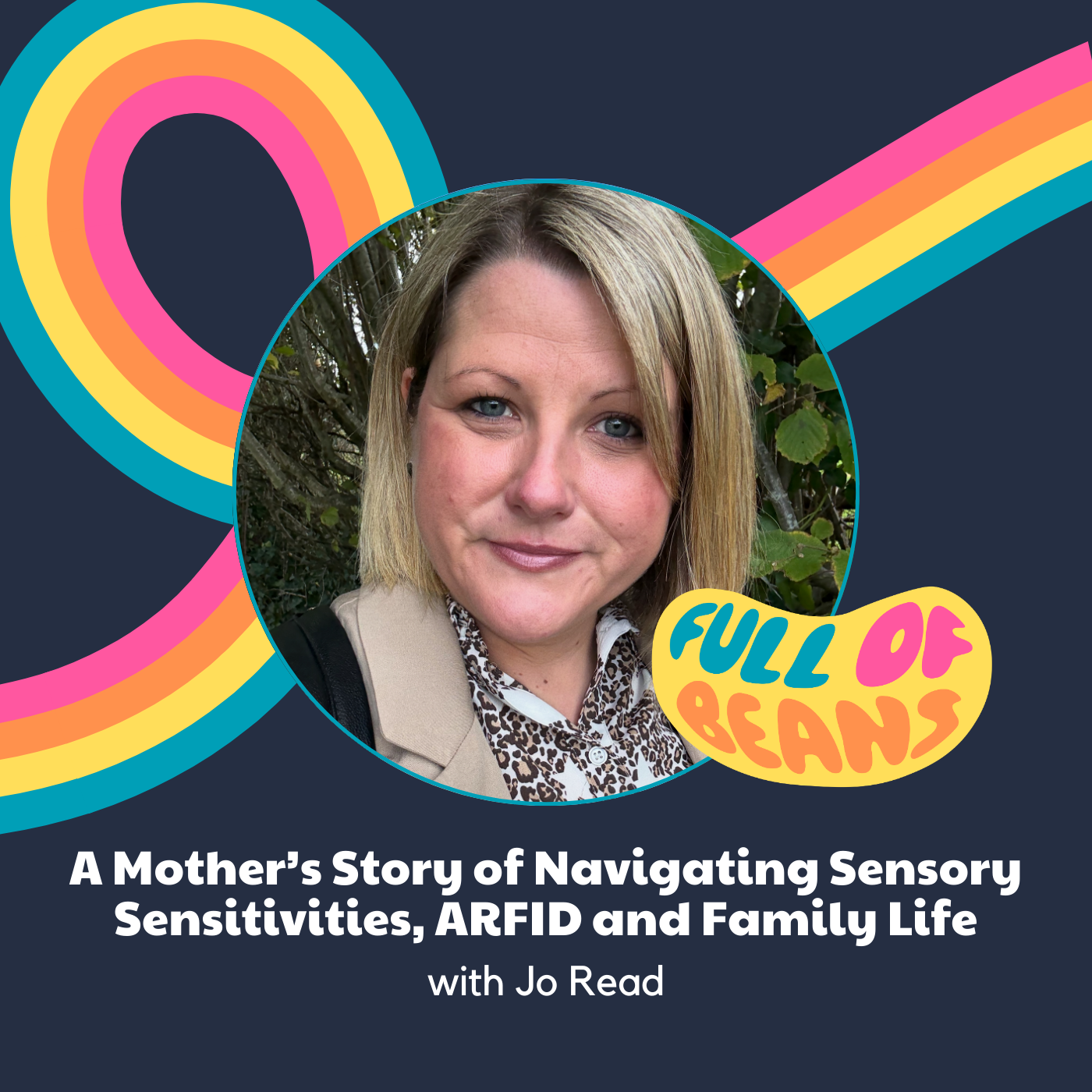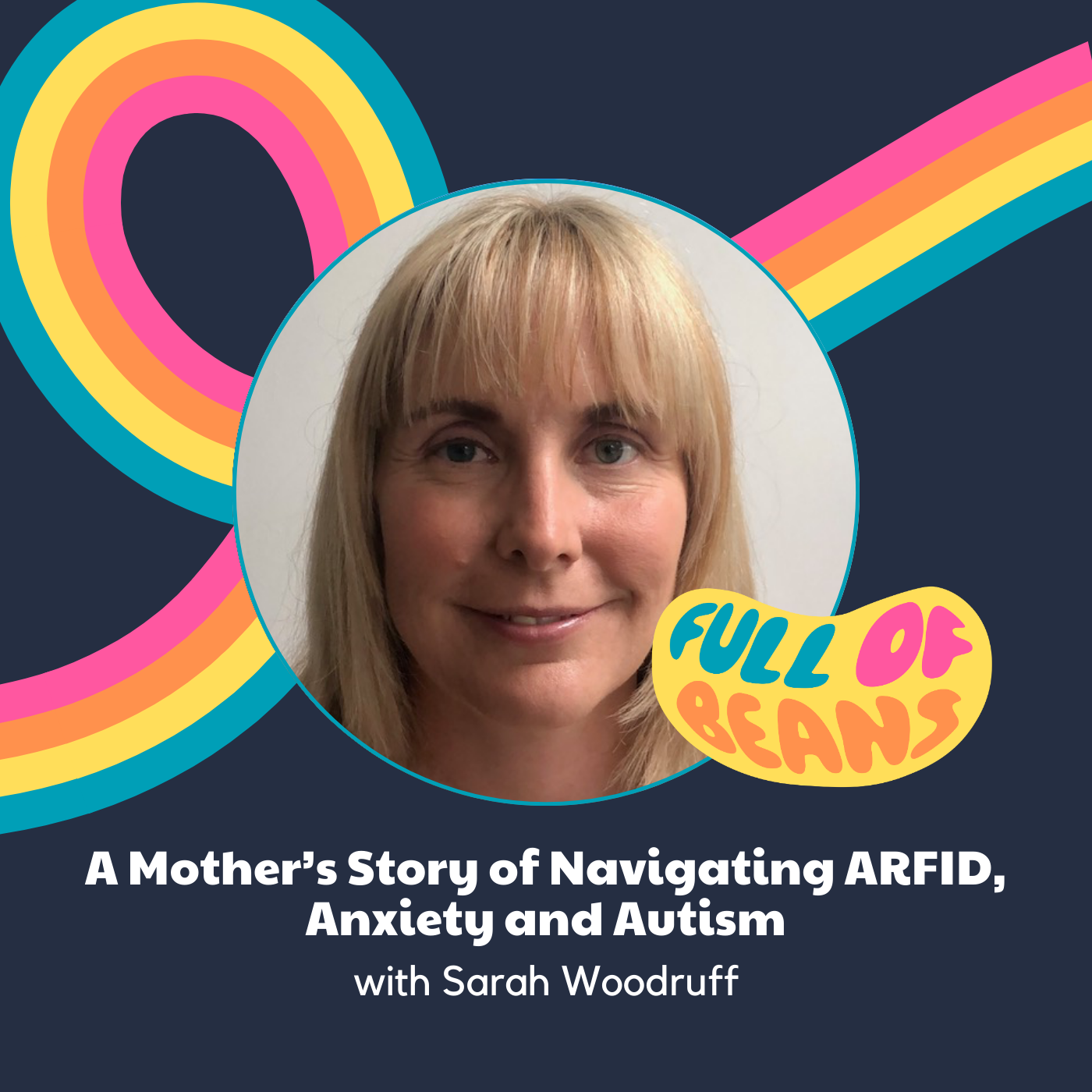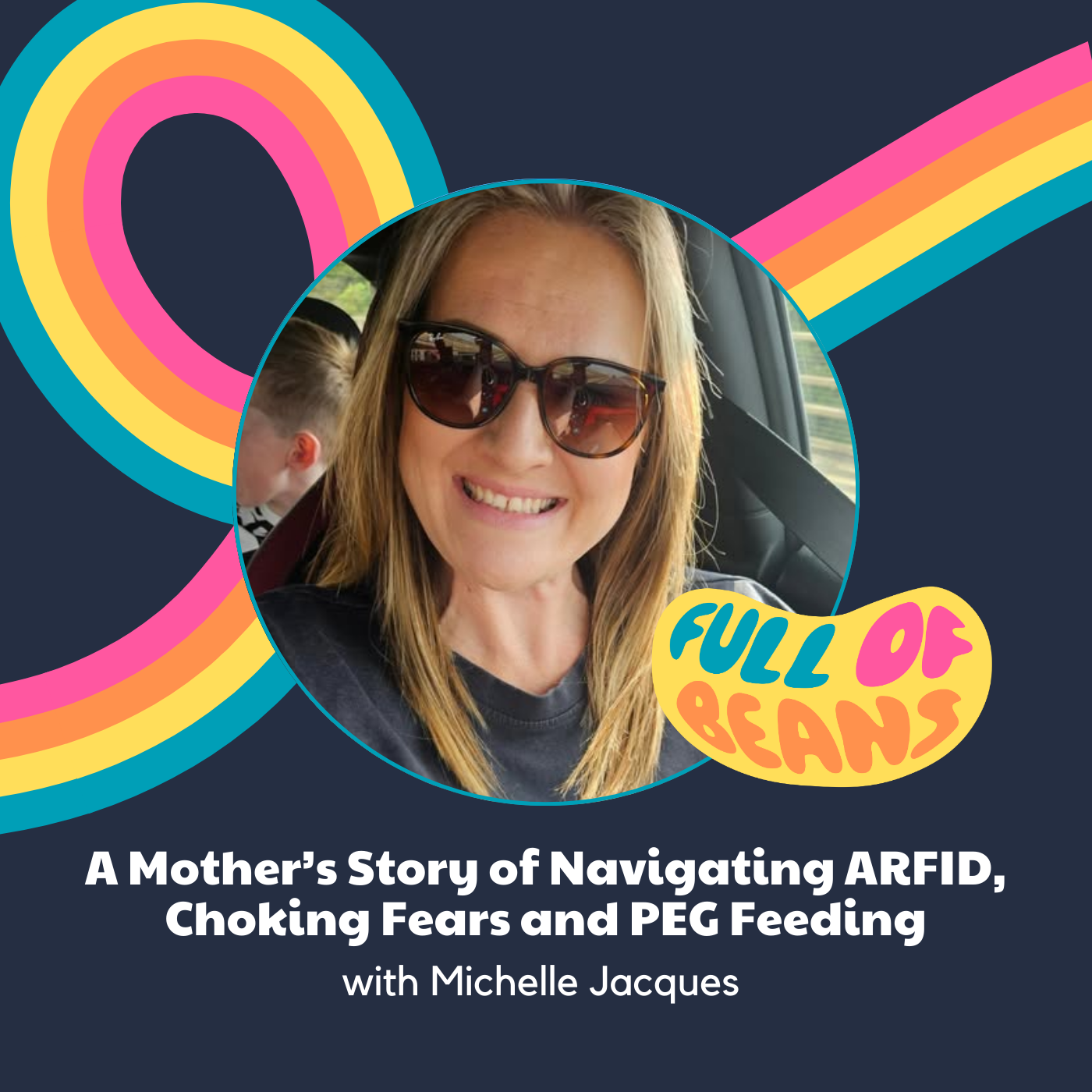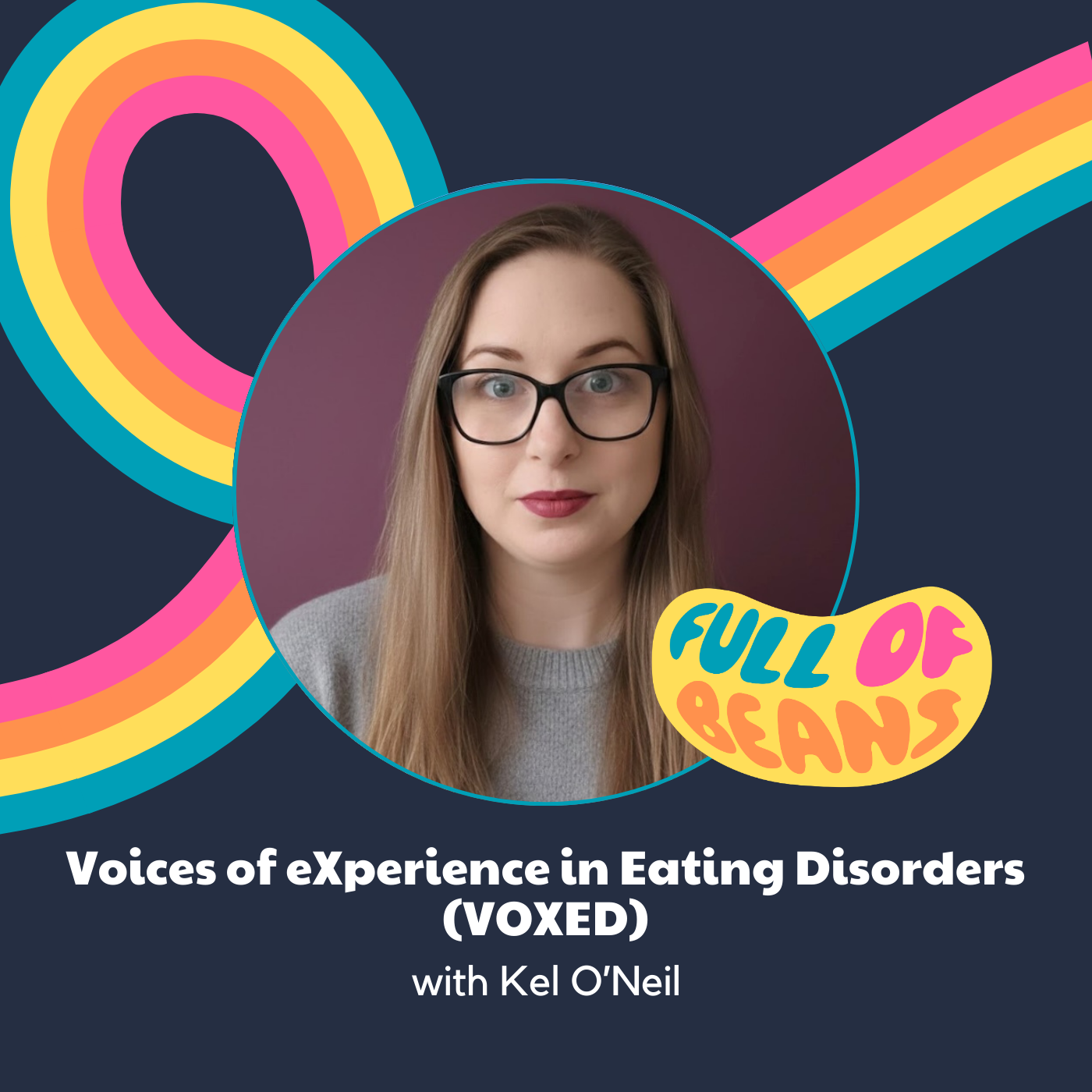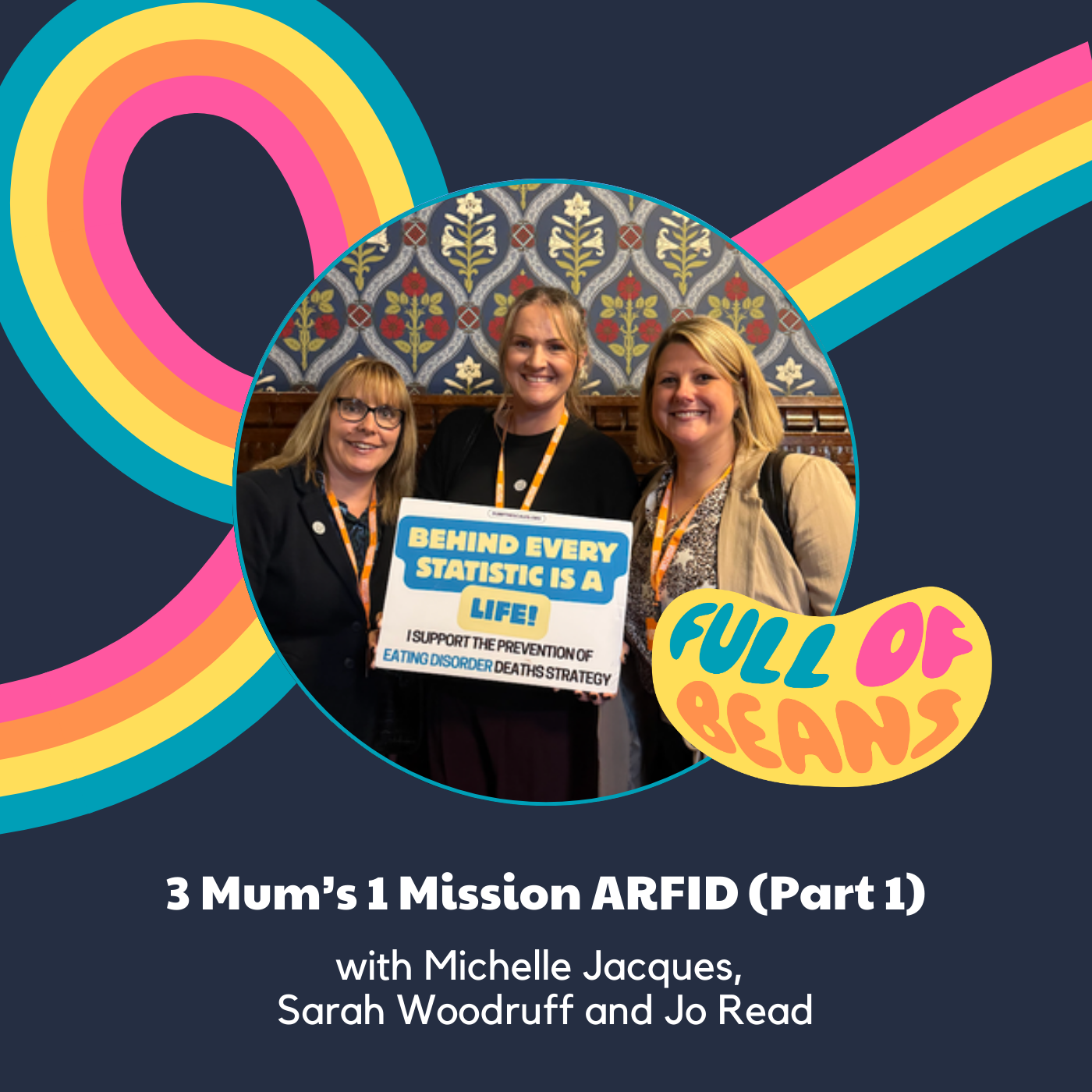From Silent Struggles with Bulimia to Supporting Others
"It’s given me strength, empathy, and a spark I’ve carried into every part of my life." - Daniel

What happens when a young boy asks for help, and is told that boys can't have eating disorders?
For Daniel Magson, now CEO of First Steps ED, that moment of dismissal marked the beginning of nearly a decade of silence, secrecy, and internalised shame. Today, his story is one of strength, self-discovery, and deep empathy for others walking a similar path.
Living with Bulimia in Silence
Daniel first experienced symptoms of bulimia at 15, during a time of immense personal upheaval. With both parents diagnosed with cancer, and while grappling with his sexuality in a small Yorkshire town, Daniel’s eating disorder became a coping mechanism for control and emotional pain.
When he finally confided in his GP, he was told he was simply “a boy” and couldn’t have bulimia. The shame and invalidation from that moment led him to hide his disorder for years. He functioned externally, at university, in friendships, but inside, secrecy was survival. The silence was heavy.
The Weight of Stigma and Shame
One of the most painful elements of Daniel’s journey was the deep stigma around bulimia, particularly as a man. The prevailing cultural narratives, what eating disorders look like, who gets them, and how they’re treated, excluded his reality.
This not only delayed access to treatment but intensified his sense of isolation.
Shame took root early. As Daniel explains, it wasn’t just the behaviour, it was the belief that something was fundamentally wrong with him. "Secrecy became my survival mode," he shares. "I was so afraid of being truly seen."
A Path Toward Recovery
Things began to shift when Daniel accessed support from a charity that would later merge into First Steps ED. For the first time, someone listened without judgment. Therapy gave him tools to understand his inner child, challenge shame, and begin the process of healing.
Instead of erasing the past, Daniel embraced it. He now speaks openly about how recovery isn’t linear, and how each year brings new reflections and layers of growth.
"I wouldn’t change it. It’s given me strength, empathy, and a spark I’ve carried into every part of my life."
Turning Pain into Purpose
Today, Daniel leads First Steps ED with both professional insight and lived experience. He’s committed to reducing stigma, increasing access to support, and creating safe spaces for people who, like him, once felt invisible.
Under his leadership, the organisation has expanded its reach and championed the message that you don’t need a diagnosis to deserve help.
Daniel's story is not just about bulimia, it's about what happens when someone dares to speak, and when that voice becomes a catalyst for change.
A Message of Hope
Eating disorders thrive in silence, but recovery grows in connection. Daniel’s journey reminds us that healing is possible, even after years of shame. And that by sharing our stories, we not only free ourselves, we light the path for others.
If you or someone you know is struggling with eating or body image difficulties, you can explore support options at First Steps ED.
🎧 Listen to the full podcast episode with James here.
Sending positive beans your way,
Han 💛

